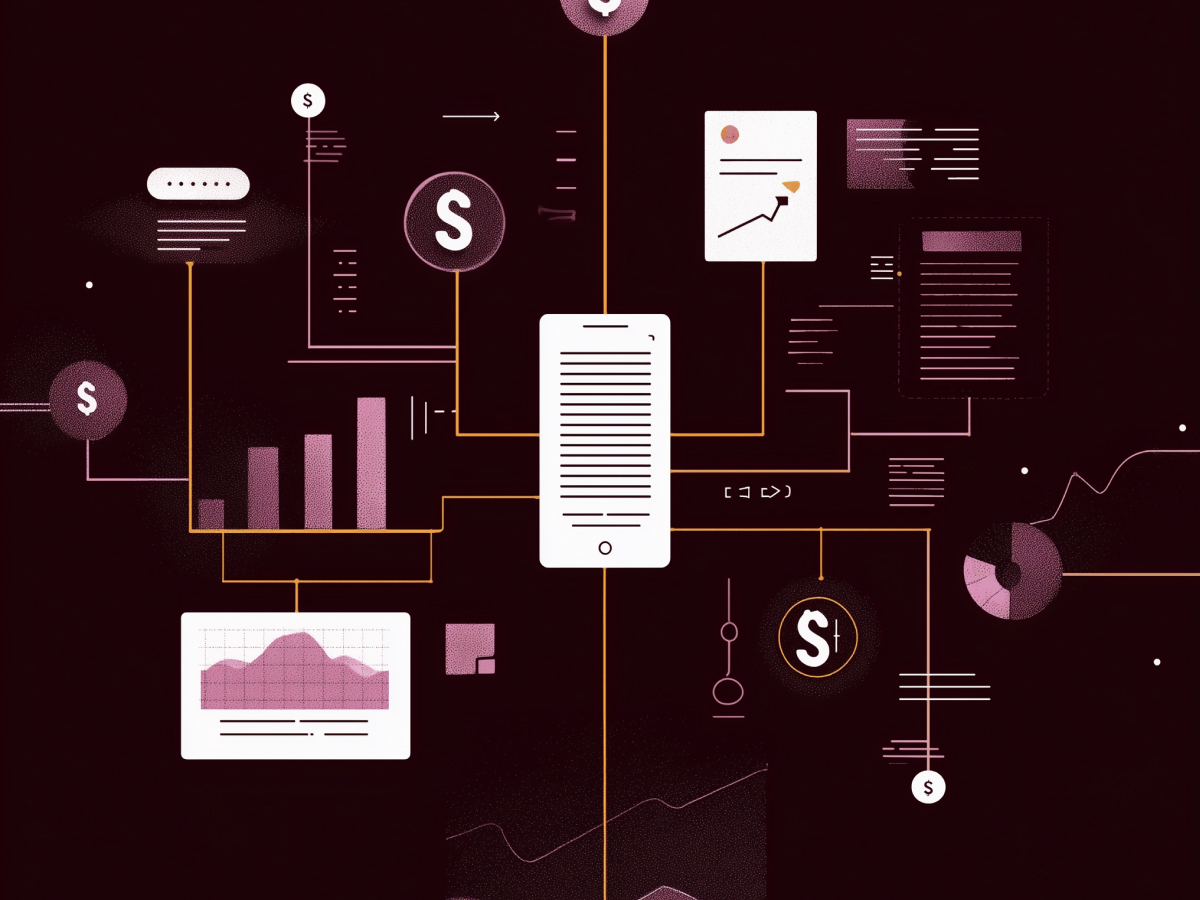Software isn’t built like a product, it’s crafted like an idea
When we talk about building great software, we’re not dealing with a product that runs through machines on a factory floor. Software is a complex web of ideas, unique problems, and critical thinking, none of which fit into a mold.
If you try to measure software the way you’d measure physical products—by output per unit time—you’re going to miss what truly drives quality here.
Every piece of code is an attempt to solve a unique, often unpredictable challenge.
And there’s no one-size-fits-all approach to building it. Metrics from the Industrial Revolution may work for repeatable tasks, but they simply can’t capture the intricacies of software development, where creativity and innovation trump raw output.
Time tracking wastes time and misses the point
Tracking hours drives developers to cut corners
Having developers clock hours on individual tasks does nothing but encourage them to finish fast rather than well. If they’re thinking about time, they’re not thinking about quality or taking the time to tackle the big, messy problems that bring real improvement.
This kind of time-driven structure breeds short-term thinking. Developers may opt for the easy wins, patching bugs instead of digging deep and fixing root causes.
Ultimately, we’re creating a culture where ticking off tasks is more important than solving problems effectively.
Complex code can’t be done on a schedule
Coding a real solution isn’t something that fits on a stopwatch. Software tasks are unpredictable; sometimes, a single bug fix takes minutes, and other times, it takes days or even weeks of in-depth troubleshooting.
Complex issues don’t come with a time estimate, and setting one is like asking an artist to guess how long it’ll take to paint a masterpiece. Developers should be focused on outcomes, not hours, and that means tossing out rigid time metrics that only serve to create pressure and anxiety around speed rather than excellence.
“Butts in seats” and lines of code don’t measure real progress
You can’t force results just by putting more hours on the clock. Developers need space to think, not just how much time they spend at a desk.
Some of the best solutions might come after hours of reflection and only a few lines of code, but those lines might save hundreds of hours down the road.
If all we’re looking at is hours clocked, we’re ignoring the fact that coding is about solving problems and finding elegant solutions, and not based solely on showing up.
Less code can mean better code
Counting lines of code is no more reliable than counting hours worked. Sometimes the real achievement lies in simplifying. Say you cut 1,300 lines of code down to 200; you haven’t produced “less,” you’ve created something that works better, is easier to maintain, and saves time in the long run.
It’s not the quantity of the code that matters; it’s the quality, efficiency, and longevity. Relying on metrics like lines of code only leads to bloated, overly complex systems that are harder to maintain and improve.
Remote work proved developers don’t need constant oversight
The pandemic pulled developers out of the office, and guess what? We saw that good work continued. Turns out, developers don’t need managers watching over their shoulders to be effective.
In fact, some of the best work comes when developers have the space to think and the flexibility to tackle problems as they see fit.
The focus shifted from hours and location to results, and we started to see productivity from a new angle—one that appreciates outcomes over attendance.
Leave assembly-line metrics behind for good
The old assembly-line metrics simply don’t work in a remote, digital-first world. Software is created through analysis, exploration, and revision, not assembly-line repetition.
The organizations that truly understand this are letting go of outdated metrics and finding new, flexible ways to measure developer success. This means valuing impact over hours, solutions over speed, and quality over quantity, letting developers perform at their best without the pressure of outdated metrics.
Final thoughts
So here’s the real question: Are you ready to break free from outdated productivity measures and help your developers make a real impact? If you’re still counting hours and lines of code, you might even be holding your team back.




